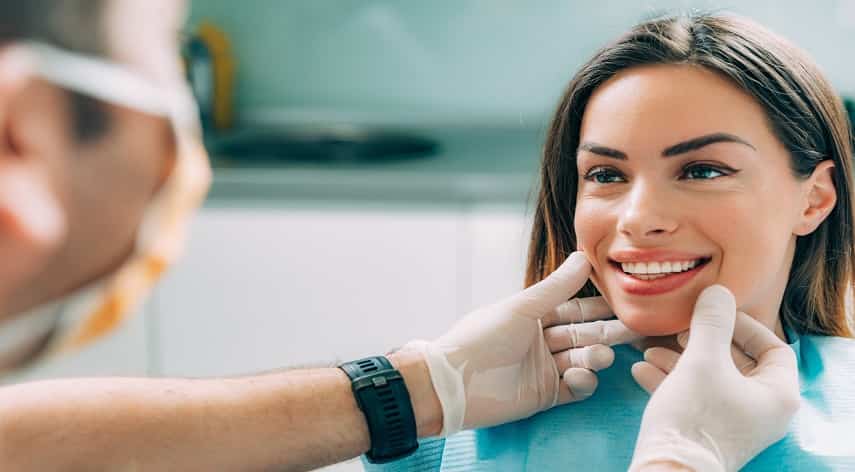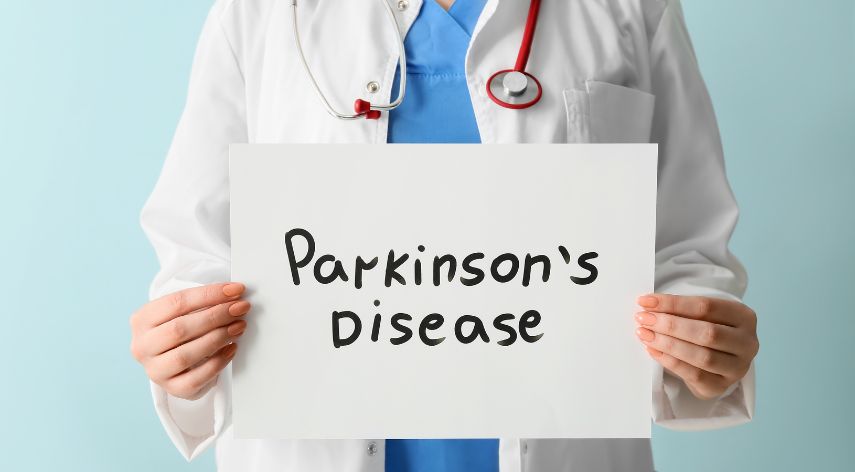The One and Only Dental Aftercare Guide You’ll Ever Need

When you finally begin taking care of your oral health, it can be exciting and almost overwhelming to find out all the things you should do every day. Every stage of the dental care journey includes new things to add to your oral hygiene routine.
Thinking about the next steps after your dental care can be a bit confusing. Most people don’t know what to do to care for their teeth after they leave the dentist’s office.
So, here is your dentist’s dental aftercare guide. You’ll be surprised at how easy taking care of your oral health can be!
Table of Contents
ToggleBrush and Floss Daily
Assuming you brush and floss daily, you only need to worry about three things when it comes to dental aftercare: bacteria, acid, and plaque. Bacteria are the main causes of gum disease and tooth decay, so it’s important to keep them under control.
Acid from food and drinks can wear away at your teeth, so be sure to rinse your mouth out after eating or drinking. Plaque is a sticky film of food, saliva, and bacteria that can harden and cause cavities.
Especially after dental procedures such as teeth whitening through a dentist, be sure to brush and floss thoroughly to help remove any food or plaque that could build up and irritate your gums. You can use an electric toothbrush or a manual toothbrush, whichever you prefer. There are also special fluoride products for different types of teeth, so be sure to ask your dentist which type is best for you.
Use Mouthwash
Use a mouth rinse after dental treatments. This mouthwash is designed to remove plaque and bacteria from your teeth and gums, and it also helps to freshen your breath. In addition, this mouthwash can also help to reduce the risk of gum disease and tooth decay.
The important thing is to find a mouthwash that contains the right ingredients to address your specific needs. And, of course, you’ll want to follow the directions on the label to get the most benefit out of your product.
For the average person, using mouthwash isn’t necessarily more than once or twice a week. But, if you’re someone who suffers from gum disease or other conditions, you may want to use it more frequently.
Avoid Chewing Hard And Sticky Food
When you have dental surgery, it is important to take care of your teeth to avoid infection and promote healing. One way to do this is to avoid chewing hard and sticky foods for a few days while your mouth heals.
Hard foods can cause pain and irritation at the surgical site, while sticky foods can pull out stitches and cause bleeding. Stick to softer foods that are easy to chew. If you must eat hard or sticky foods, do so carefully and avoid the surgical area.
Avoid Sugary And Acidic Food
While you may enjoy the occasional sweet treat or soda, these items can wreak havoc on your teeth and gums, causing cavities and other problems. Stick to water and unsweetened beverages as much as possible, and brush your teeth regularly to minimize the impact of sugary and acidic foods on your smile.
Avoid Smoking
One of the most important things you can do to take care of your teeth and gums is to avoid smoking. Smoking tobacco is one of the leading causes of periodontal disease, which is an infection of the gum tissue. Smoking constricts the blood vessels in your gums, reducing blood flow and making it more difficult for your gums to fight infection.
It can also lead to tooth decay and staining. Moreover, the nicotine and tar in cigarettes, cigars, and pipes discolor your teeth, and the smoke dries out your mouth, leading to bad breath.
If you do smoke, it’s important to quit as soon as possible. There are many resources available to help you quit, including support groups and medications.
Take Pain Medication
There are a number of over-the-counter and prescription medications available to help manage pain after dental work. Your dentist or oral surgeon will likely recommend a specific medication and dosage based on the type of procedure you had and your pain tolerance. It’s important to take pain medication as directed.
Taking too much medication can lead to serious side effects, while not taking enough may mean you’re in more pain than necessary. Be sure to follow your dentist’s instructions and ask questions if you’re unsure about anything.
Visit Your Dentist For A Follow-up
If you’ve ever had a dental procedure, you know that it’s important to follow up with your dentist for a post-operative visit. This is to ensure that everything is healing properly and to catch any problems early.
At your follow-up visit, your dentist will first take a look at how your mouth is healing. They will check to see if there is any swelling or bruising and make sure that your stitches are not infected. If you have had a tooth extracted, they will make sure that the socket is healing properly.
Your dentist will also take X-rays to check on the progress of your healing. They may also adjust your bite or fit you with a mouthguard, depending on your dental procedure.
It is important to follow your dentist’s aftercare instructions carefully to ensure a successful recovery. Be sure to visit your dentist for a follow-up visit to catch any problems early and keep your smile healthy!
The Dental Aftercare You Need
If you’re looking for the only dental aftercare guide you’ll ever need, look no further! This guide covers everything from how to brush and floss properly. This will help you keep your teeth healthy and sparkling for years to come.
So what are you waiting for? Get started today and enjoy a lifetime of healthy teeth and gums!
If you think this article is helpful, check out our other blogs!
Recommended For You
Spread the loveA colposcopy is a procedure used to examine the cervix, vagina, and vulva for abnormal cells. It involves
Spread the loveAre you striving to lose weight without sacrificing your health? With weight loss advice seemingly coming from every
Spread the loveSeniors with Parkinson’s disease (PD) can lead satisfying lives, even though there is currently no cure for the





